H.R. 4228: Original Justice for living survivors of the 1921 Tulsa/Greenwood Race Massacre Act
This bill, titled the Original Justice for living survivors of the 1921 Tulsa/Greenwood Race Massacre Act
, aims to provide financial compensation to the surviving victims of the 1921 Tulsa Race Massacre. The massacre occurred when a mob of White residents attacked the Greenwood District in Tulsa, Oklahoma, leading to widespread violence, destruction of property, and loss of lives. The bill is based on findings that the local, state, and federal governments have failed to provide justice for these victims over the past century.
Key Provisions of the Bill
1. Compensation
- The bill mandates a payment of $10,398,368 in compensatory damages and an additional $10,398,368 in punitive damages to each living survivor of the massacre as of May 1, 2025. If a survivor has passed away before the payment, the funds will be directed to their estate.
2. Basis for Payment
- The compensation is intended to address the harm that survivors faced due to the failure of the federal government to intervene during and after the massacre, as well as the lack of investigation or prosecution of those involved.
3. Certification Process
- The Assistant Attorney General for Civil Rights will certify payments to individuals who provide proof of identity, specifically a birth certificate, and will not require any additional information for this process.
4. Funding Source
- The payments will come from the federal government’s Judgment Fund, which is typically used to settle claims against the United States.
5. Satisfaction of Claims
- Once the payments are made, they will satisfy all claims that a living survivor may have against the U.S. regarding the harm suffered due to the events of the massacre.
6. Ineligibility for Additional Benefits
- Survivors will not be eligible for any further compensation or benefits from the federal government related to the harm described under this section after receiving the payments.
Context and Findings
The bill references historical findings regarding the profound impact of the Tulsa Race Massacre, including:
- The violence caused the deaths of hundreds of Black residents and left thousands homeless.
- The Greenwood District was a prosperous community known as "Black Wall Street" before the attack.
- The massacre has historically been understated or overlooked in American history, with ongoing calls for justice unaddressed until now.
Two survivors of the massacre, Viola Ford Fletcher and Lessie Benningfield Randle, are cited as continuing to seek justice in their advanced age. Additionally, preceding legislative actions and compensation awarded to victims of other injustices are mentioned to argue for the necessity of this bill.
Conclusion on Eligibility
Only those individuals who are living survivors of the 1921 Tulsa Race Massacre as of May 1, 2025, will be eligible for the funds provided by this bill.
Relevant Companies
None found
This is an AI-generated summary of the bill text. There may be mistakes.
Sponsors
18 bill sponsors
-
TrackAl Green
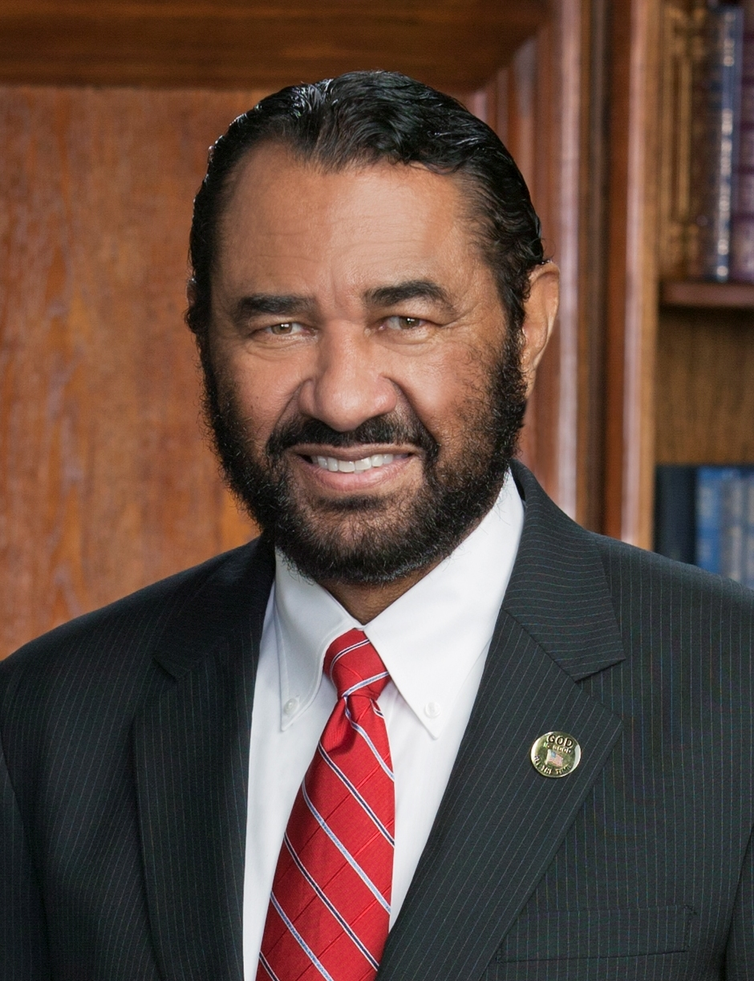
Sponsor
-
TrackWesley Bell
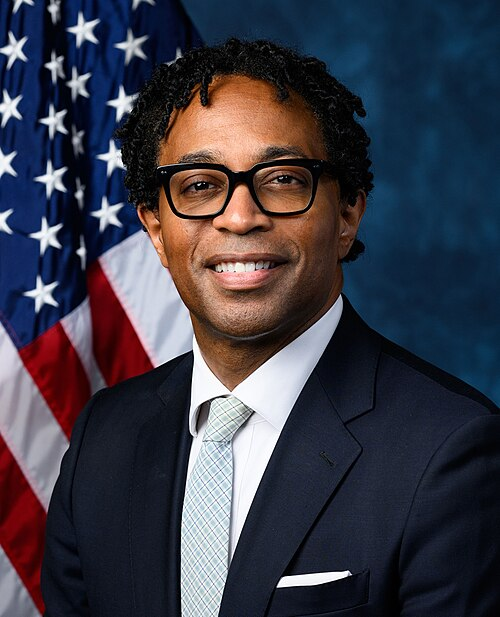
Co-Sponsor
-
TrackTroy A. Carter

Co-Sponsor
-
TrackCleo Fields

Co-Sponsor
-
TrackMaxwell Frost

Co-Sponsor
-
TrackPramila Jayapal

Co-Sponsor
-
TrackSummer L. Lee

Co-Sponsor
-
TrackLaMonica McIver

Co-Sponsor
-
TrackGregory W. Meeks

Co-Sponsor
-
TrackAyanna Pressley

Co-Sponsor
-
TrackDavid Scott

Co-Sponsor
-
TrackTerri A. Sewell

Co-Sponsor
-
TrackLateefah Simon

Co-Sponsor
-
TrackDarren Soto
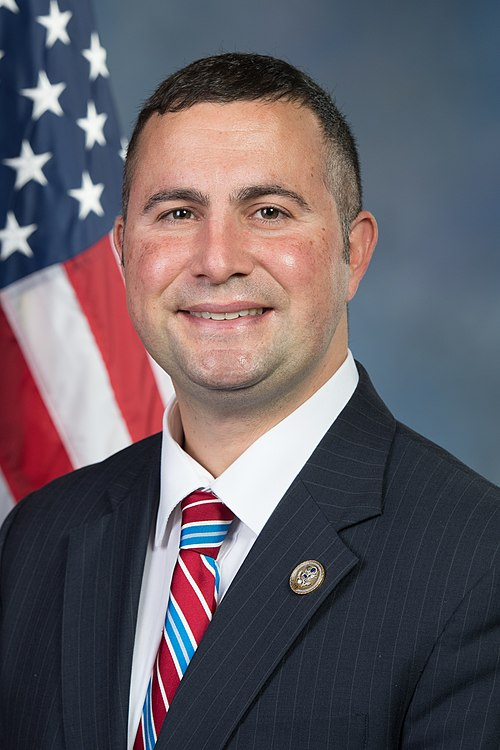
Co-Sponsor
-
TrackEmilia Strong Sykes

Co-Sponsor
-
TrackBennie G. Thompson
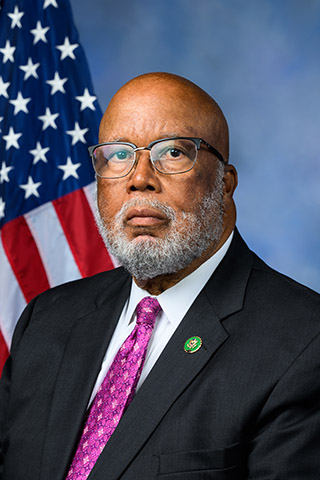
Co-Sponsor
-
TrackRashida Tlaib
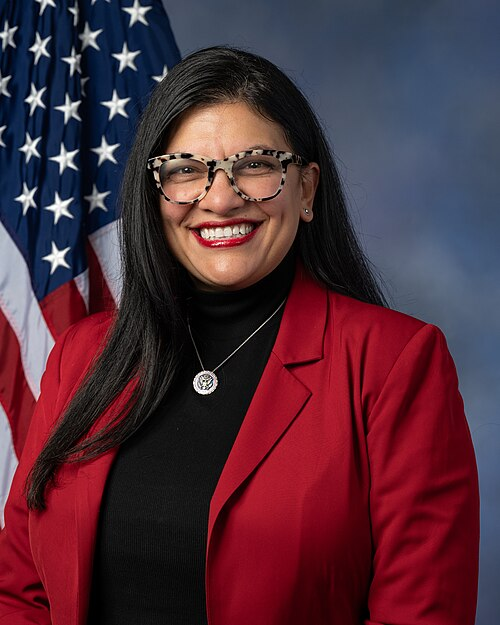
Co-Sponsor
-
TrackNydia M. Velázquez
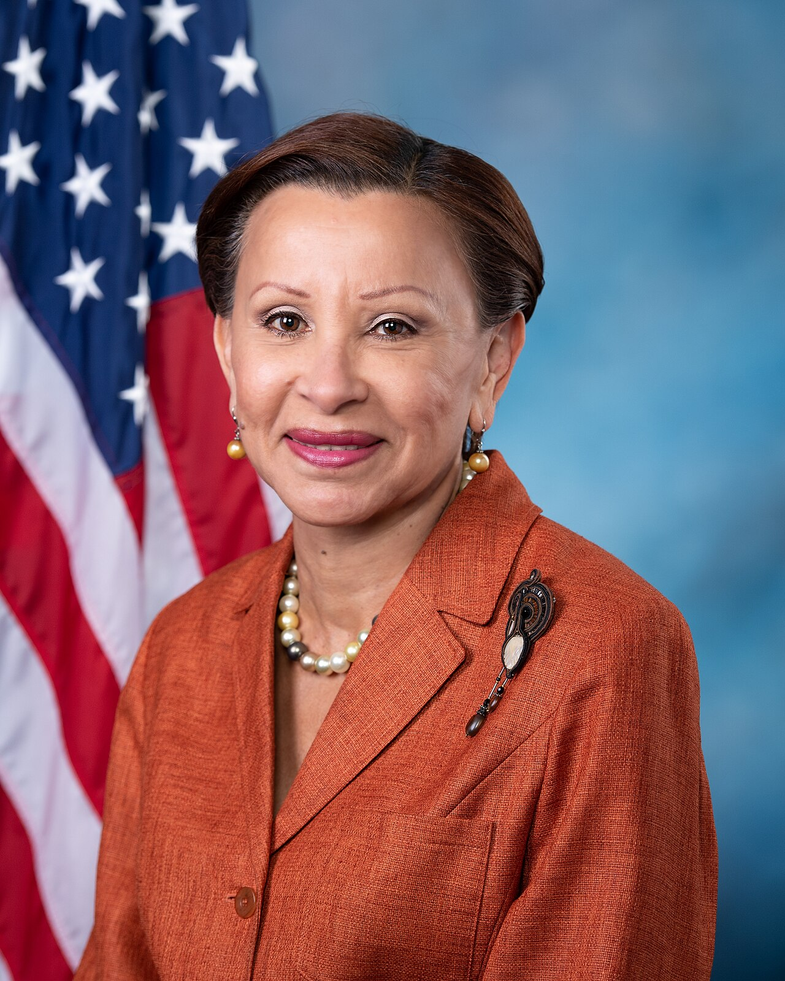
Co-Sponsor
Actions
2 actions
| Date | Action |
|---|---|
| Jun. 27, 2025 | Introduced in House |
| Jun. 27, 2025 | Referred to the House Committee on the Judiciary. |
Corporate Lobbying
0 companies lobbying
None found.
* Note that there can be significant delays in lobbying disclosures, and our data may be incomplete.
Potentially Relevant Congressional Stock Trades
No relevant congressional stock trades found.